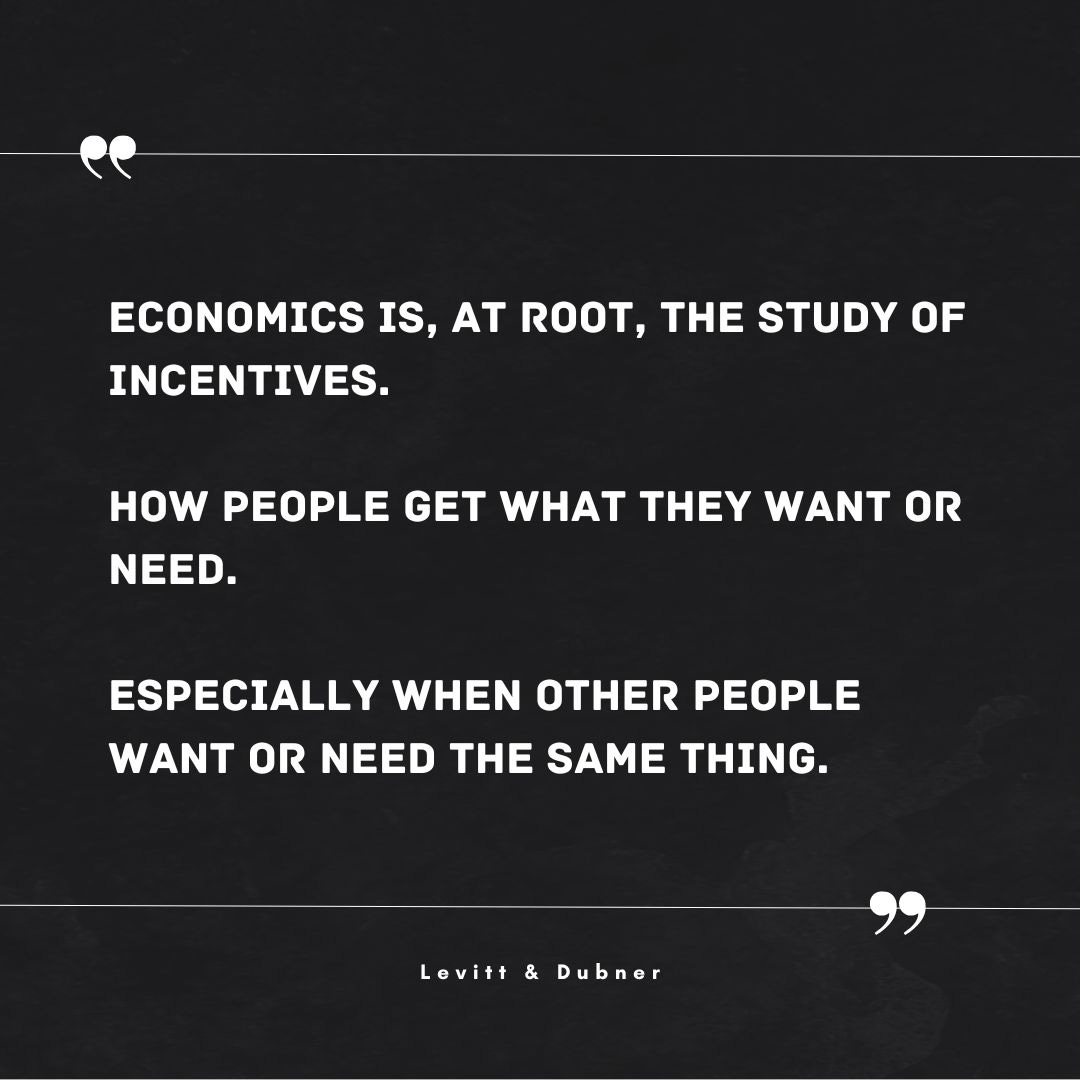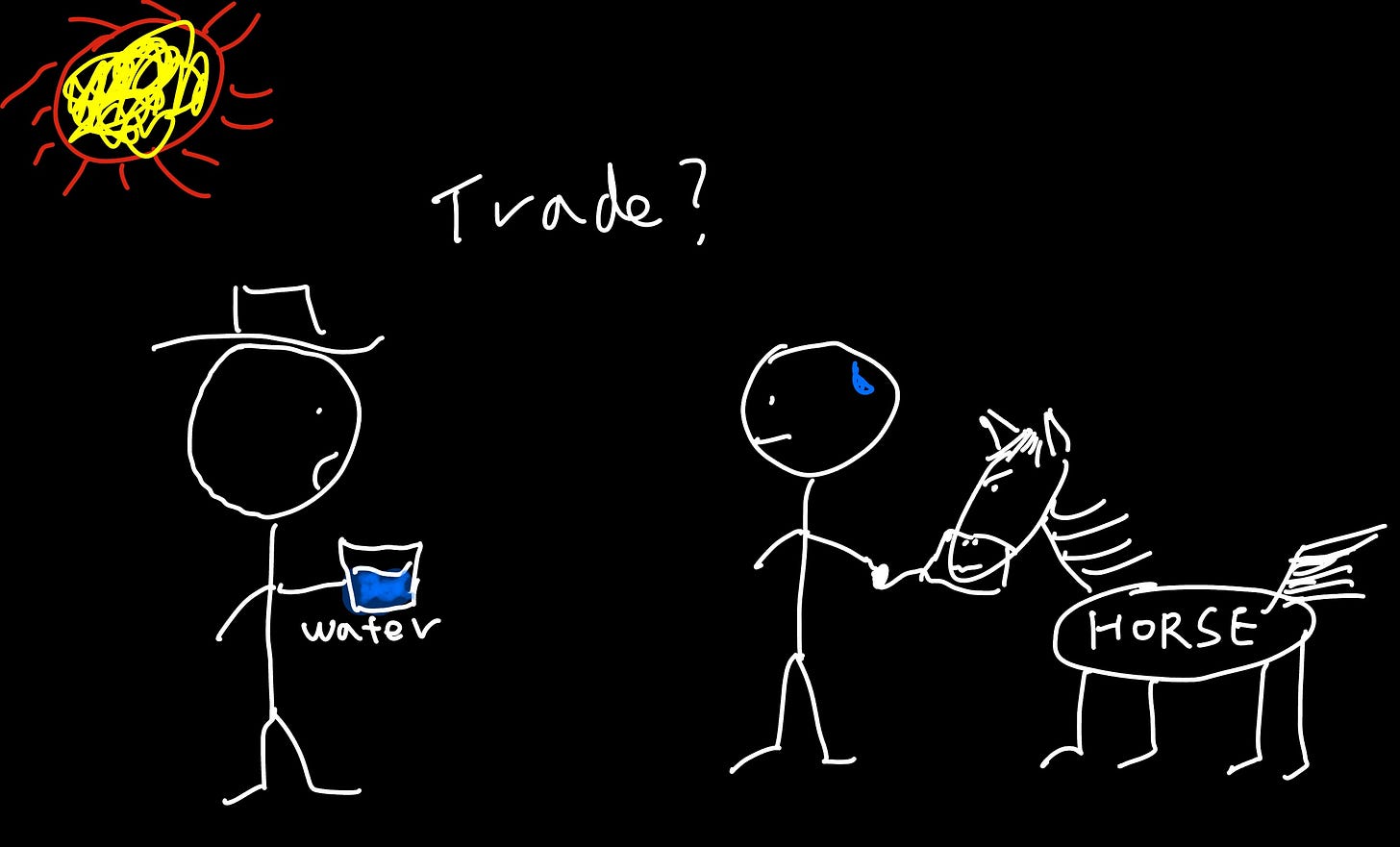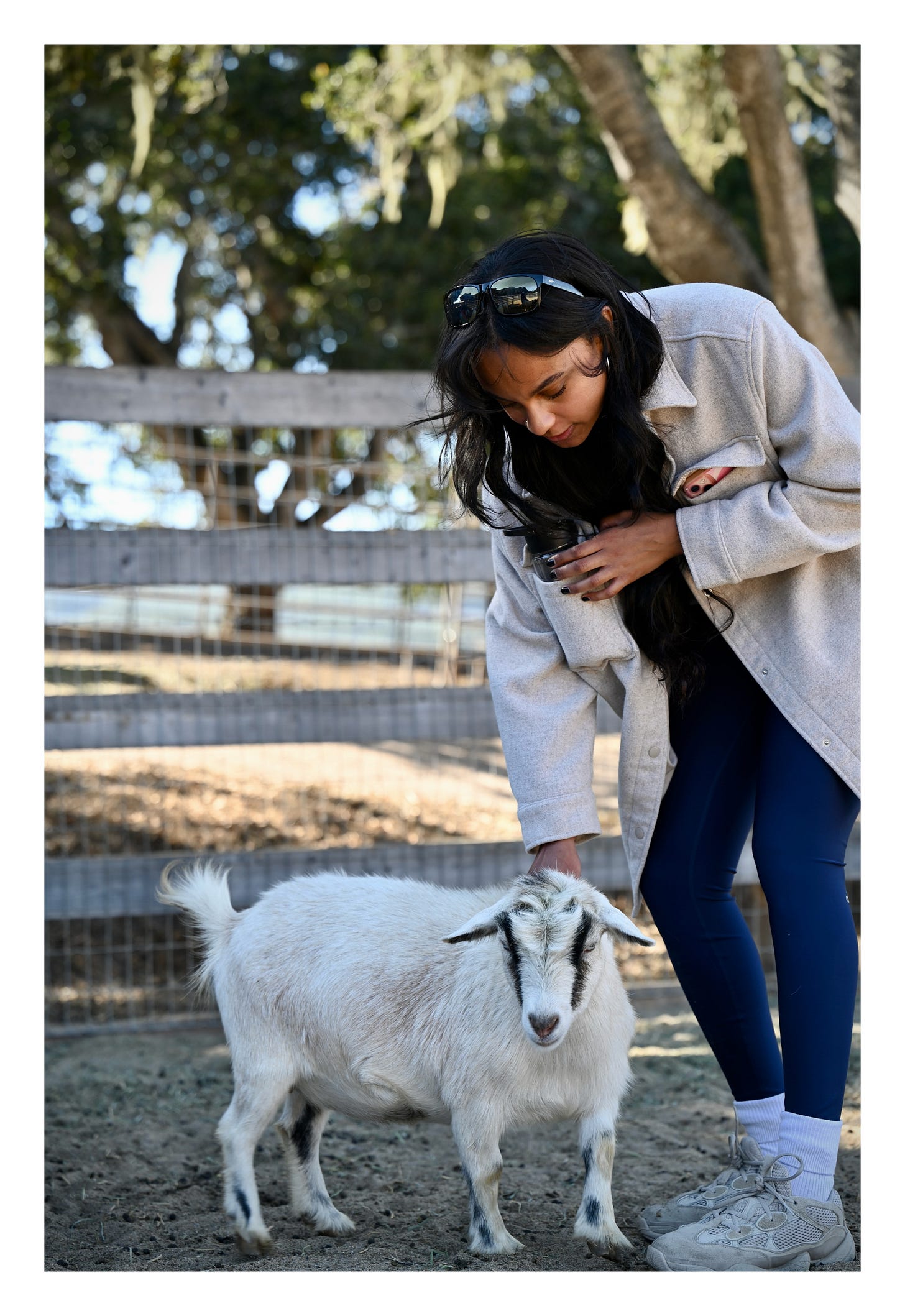Diary 056: Economics of Modern Love
It's not what you want. It's what you're willing to pay.
We trade for things we desire. For the majority of us, it’s usually the same few things. This explains why some people get more bats at love (read: more desirable than others).
Unfortunately, most “dating” happens within the first ⅓ of our life. This means that economics is in the background during the first ⅓ because you depend largely on others (Parents and institutions). Therefore, it’s not a consideration until it is forced to be (Later in the ⅔ of our life).
Who cares about 401k, taxable investments, and “assets” when you are 15?
The only things that matter for the most part in the first ⅓ of our life are attributes that will depreciate (ex: physical qualities) or ambiguous (ex: that person is “cool”).
Everything else is extrapolated from there.
The curious case is that at some point, this economic consideration moves from background to foreground.
Usually, as you get closer to 30 (read: entering ⅔ of your life).
Modern Love Resembles Car Ownership.
When I was 16. I fell in love. Used Nissan 350z was the name of my love. It was a two-door sports car. I got it (read: my mom bought it).
I loved that car. The loud engine, speed, the intimacy of the cabin (ex: only two seats).
Eventually, I went to New York University for college. I didn’t need my car anymore. I kept it in my mom’s garage and left her car outside in an act of selfishness.
Unfortunately, your needs and tastes change.
Once a shiny car, in due time, it will become dull to you. That loud engine that you loved starts to sound annoying. The lack of seats and trunk space no longer fits the life you envisioned for yourself going forward.
What do you do?
You get rid of it and get something new.
I got rid of 350z. I took some time being single (read: not owning a car) then got a Honda Civic because it was “practical”. Now I want a Truck // SUV.
We care a lot about reliability (ex: Toyota) but the truth is we don’t own it long enough to really matter. Perhaps we don’t plan on owning it for that long.
Are You Overpaying for Love?
Economics, similar to life, is a delicate balance of trade-offs.
It’s about making trades based on what we want today, without knowing what we will need or want in the future.
We spend too much time on what we are trading away and trading for. Where we should spend most of the time is the price we pay for the asset we are acquiring.
Billionaire investor Howard Marks speaks of this in terms of investing.
“It's not what you buy, it's what you pay" - Howard Marks
The qualities we value in a partner are generally predictable and lasting (ex: kind, loyal, intelligent, etc.).
However, the “price” at which we pay for these qualities can vary from person to person. Even from one moment in time to the next. Therefore, we must be prudent about the price rather than the asset itself.
Someone once shared a story of their mother, who repeatedly accepted a relationship with conditions far below what she deserved. All for the sake of financial security.
This led her into a harmful pattern of settling for less, which is known as the “race to the bottom” in the world of credit markets.
Opportunity to lend is likely to be at too high a price: a yield that’s too low and/or risk that’s excessive —Is likely to produce a “winner” who’s really a loser. This is a process I call the race to the bottom. - Howard Marks
Translation?
If you over-index on just a few qualities in a partner, it could lead to negative consequences in the long run. Not just in romance but in all aspects of life.
The key is to recognize our desires and be prudent about the “price” we are willing to pay in relationships.
Life Happens Outside,
Su Hawn
🏕️ Wisdom from the Outpost: Touch Grass & Goats. - California, USA





